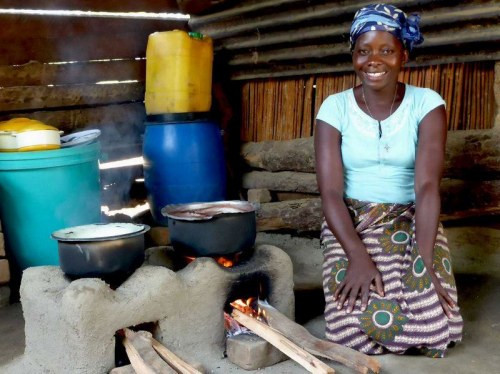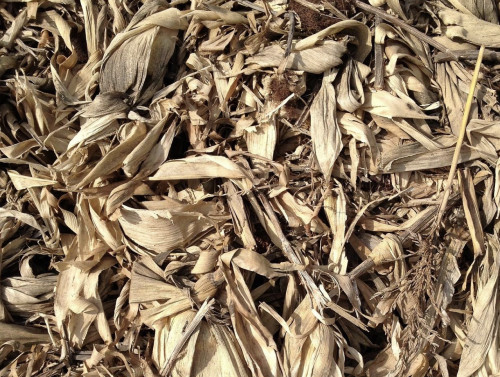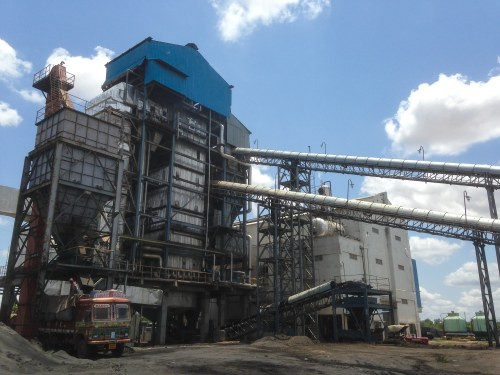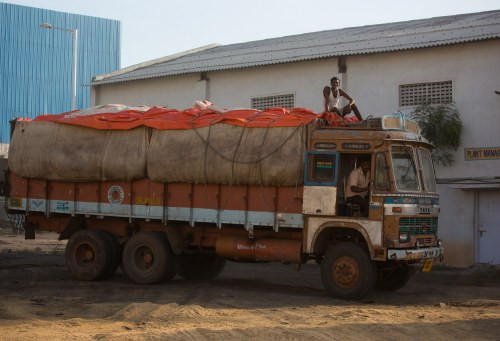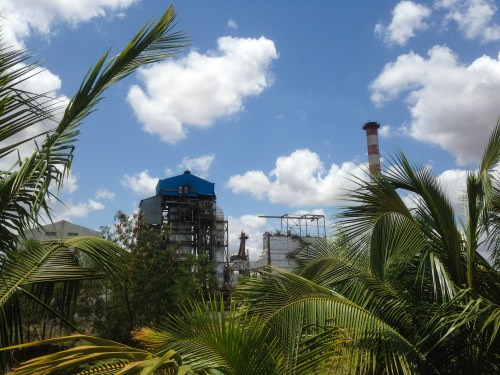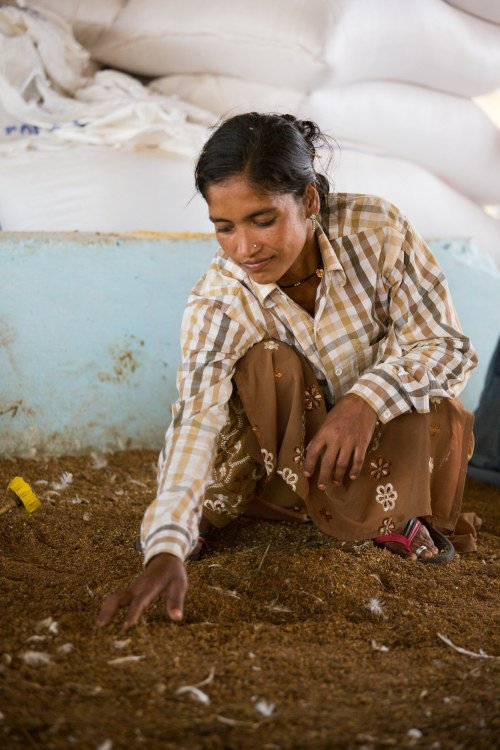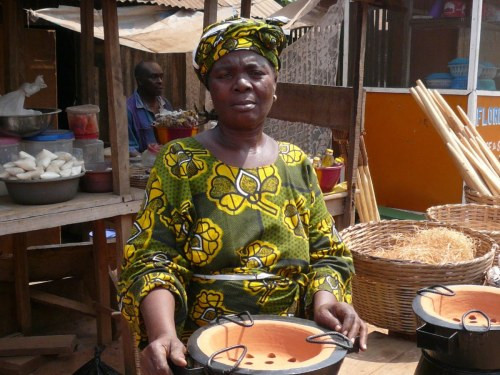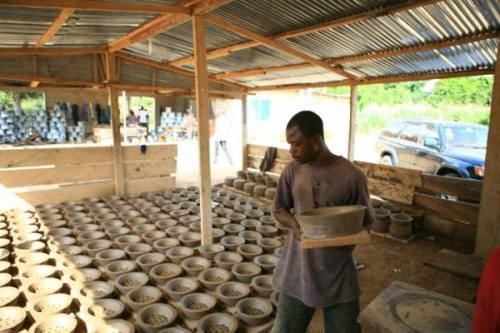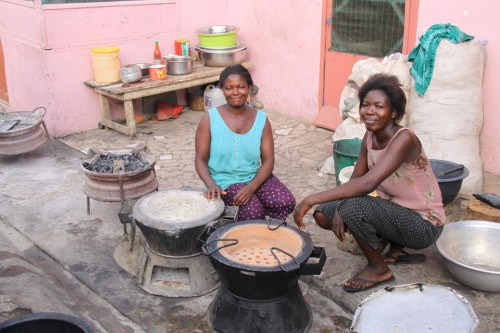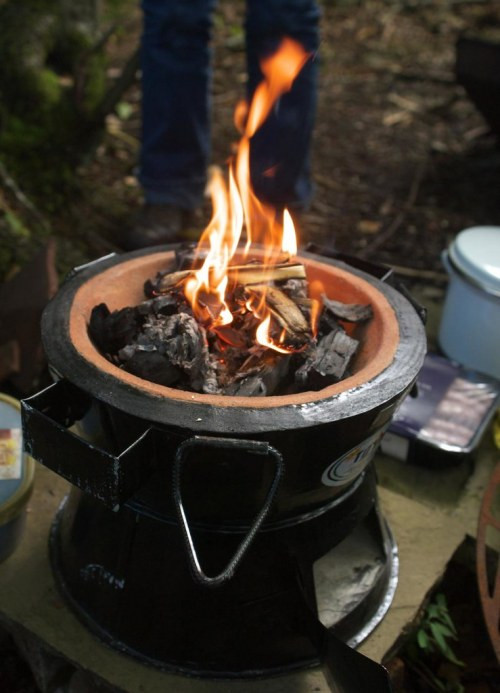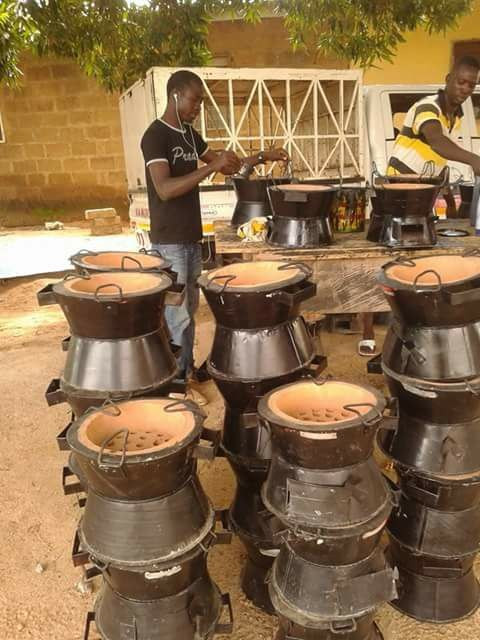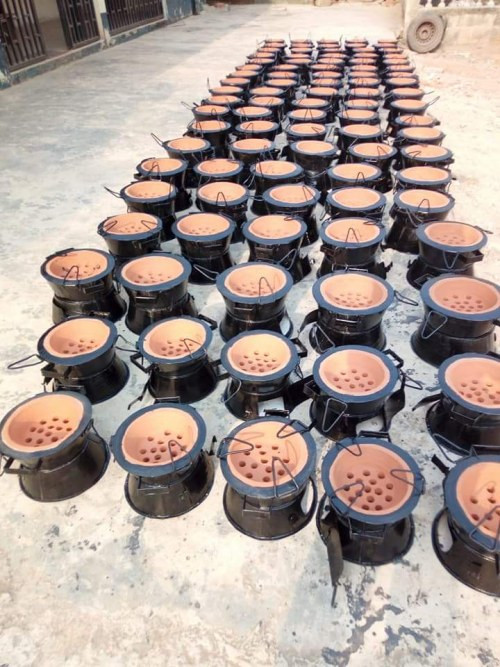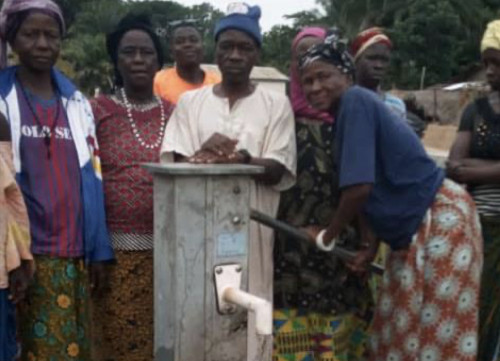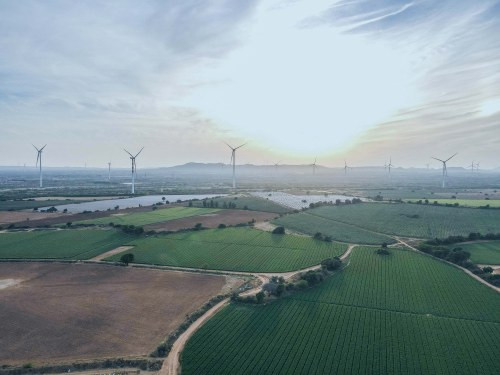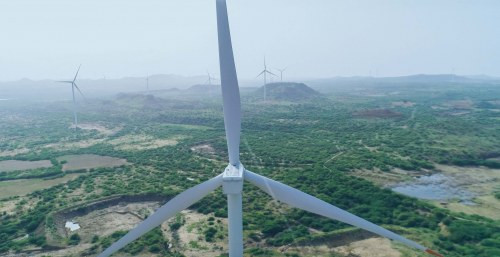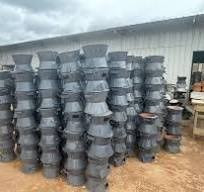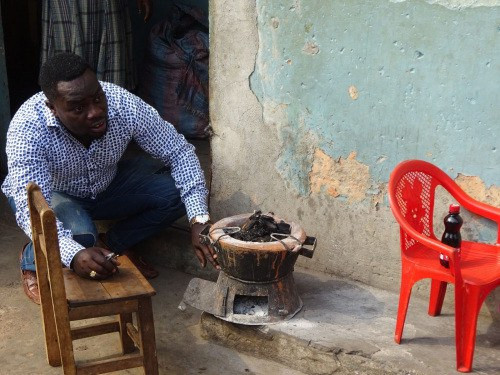corporate benefits Group. Freiwilliger CO2-Ausgleich für Jahr 2024 supports the following UN goals for sustainable development:
CARBON NEUTRAL COMPANY (DEMO)
corporate benefits Group. Freiwilliger CO2-Ausgleich für Jahr 2024

Participant ID: DE-3023-0713
Valid until: 15.11.2024
This certificate guarantees that the reported quantity of 850 tons CO2 has been calculated according to Greenhouse Gas Protocol Standard, scopes 1, 2 and 3. The resulting emissions have been saved in Gold Standard and VCS tested climate projects.
corporate benefits Group. Freiwilliger CO2-Ausgleich für Jahr 2024 has acquired shares (certificates) in climate protection projects corresponding to the calculated volume of CO2 and therefore plays a transparent part in the realisation of the projects. This ensures that the company compensates for its own CO2 emissions, and thus scales back the rise in global warming.
The projects have been certified, and the issue and closure of the certificates is registered transparently.
corporate benefits Group. Freiwilliger CO2-Ausgleich für Jahr 2024 is therefore a voluntary participant in emissions trading, and thus makes a contribution to maintaining a viable environment by reducing the emissions of greenhouse gases. The holder of this certificate makes a sustainable contribution to the commitment to tackle global warming.
Dipl.-Ing. Frank Huschka
corporate benefits Group. Freiwilliger CO2-Ausgleich für Jahr 2024 supporting climate protection projects:
HIGH EFFICIENCY WOOD BURNING COOKSTOVES IN MALAWI
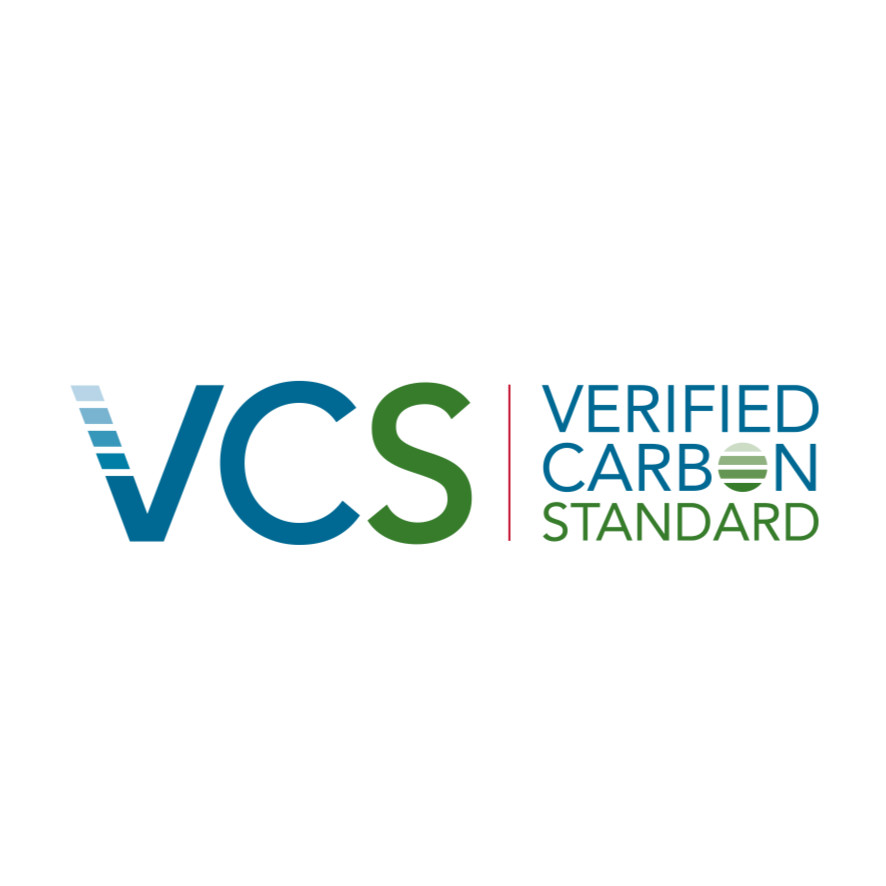
Malawi
The ICS disseminated through this project will replace the baseline cookstoves. Through this project, the distribution and installation of approximately 500,000 ICS will be undertaken for households in Malawi. It is intended that under this project single pot, TLC-CQC Rocket Stove will be distributed. The ICS will burn wood more efficiently thereby improving thermal transfer to pots, hence saving fuel. Not only will this halt the rapidly progressing deforestation in Malawi but will also reduce health hazards from indoor smoke pollution and women and children will have to spend less time collecting firewood.
Category Standard
Carbon | VCS VER 2342
National Bio Energy Changtu Biomass Power Plant
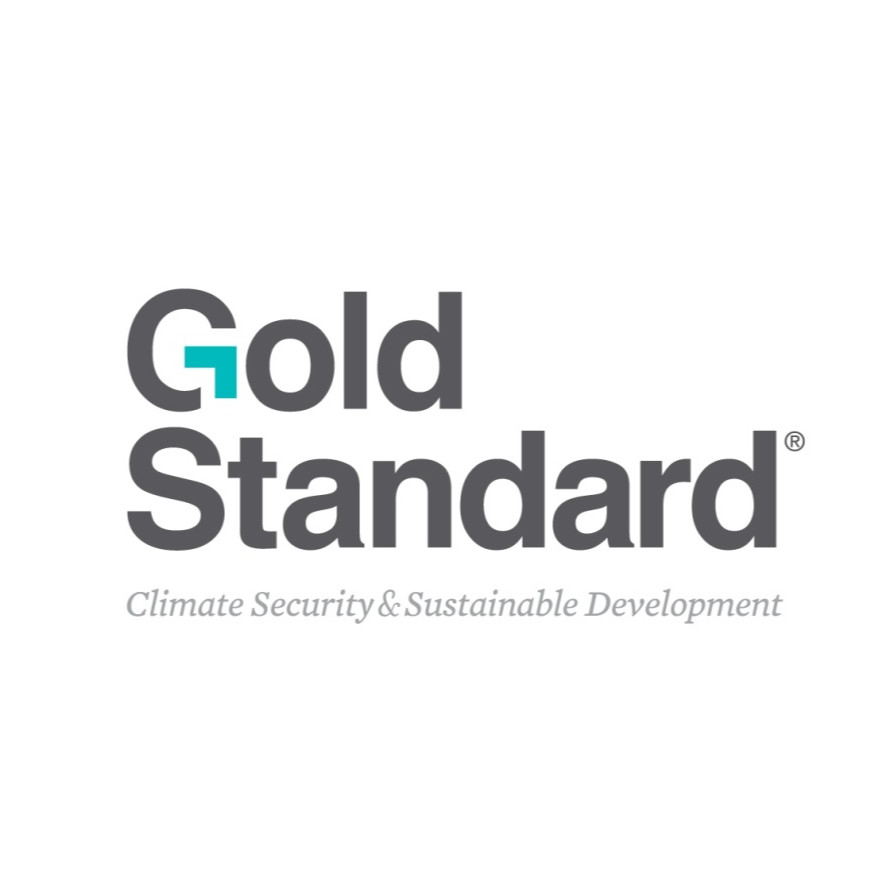
China
Small scale Biomass, or Liquid Biofuel - Electricity
Applus+ Certification confirms that the project is implemented in accordance with the validated and registered PDD and Passport. The monitoring plan complies with the applied methodology AMS-I.D Version 17.0 and the Gold Standard Toolkit Version 2.2, the monitoring has been carried out in accordance with the monitoring plan. The monitoring system is in place and the emission reductions are calculated without material misstatements.
Category Standard
Carbon | Gold Standard 2503
Renewable Energy from Biomass, UPPPL, India Andhra Pradesh

India
Fueled by poultry litter, this innovative project feeds renewable electricity back to the grid. This displaces electricity from thermal power plants in the Andhra Pradesh region, reducing emissions and supporting the expansion of the renewable energy industry. As the poultry litter is collected rather than left to decay in open fields, odour and sanitation are improved for the local villages, while job opportunities provided by the plant help boost the economy.
The Context
Category Standard
Carbon | Gold Standard 3072
TOYOLA Promoting Improved Cooking practices

Nigeria
The project activity involves replacement of existing in-efficient cookstoves being used by majority of Nigerian population with highly efficient Toyola Cookstoves.
Carbon | Gold Standard GS7312
VPA 204 Sierra Leone Safe Water

Sierra Leone
The project will support the provision of safe water using borehole technology to hundreds of households within the Republic of Sierra Leone.
By providing safe water, the project will ensure that households consume less firewood during the process of water purification and as a result there shall be a reduction of carbon dioxide emissions from the combustion process.
Category Standard
Carbon | Gold Standard GS7476/7477
GUJARAT 300 MW WIND POWER PROJECT

India
The entire power generated will be exported to the Indian National Grid.
The project developer has signed power purchase agreement with Solar Energy Corporation of India (SECI)
Category Standard
Carbon | GS 7745
MAN AND MAN ENTERPRISE IMPROVED COOKING STOVES PROGRAMME IN GHANA

Ghana
The Gold Standard Project VPA “Man and Man Enterprise Improved Cooking Stoves Programme in Ghana - VPA002”, is carried out within the urban areas of Western region, Ghana, where households mainly rely on charcoal for cooking purposes with inefficient devices. An average of 0.180 t of woody biomass is used per person (for cooking purposes) annually.
The promotion and dissemination of over 400,000 affordable and efficient improved cookstoves (ICS) to low-income Ghanaian households and the associated awareness and training campaigns will help Ghanaian households by replacing currently used traditional coal pot , thus reducing Greenhouse Gas emissions by 413,653 tCO2e/yr.
Category Standard
Carbon GS1385

